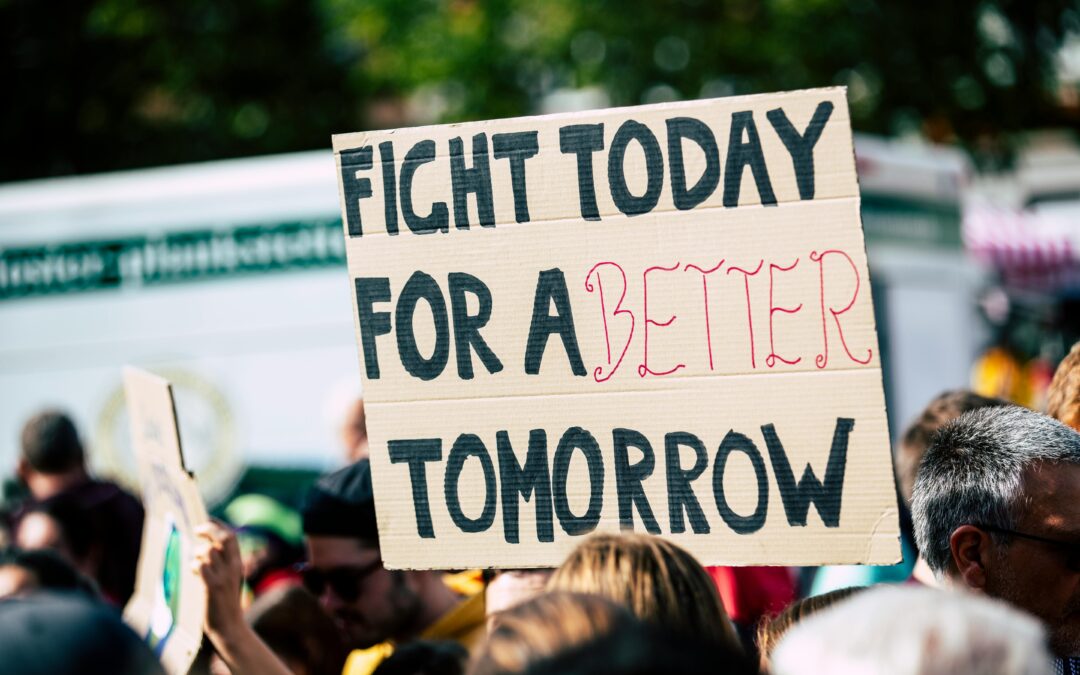Author: Mihlali Mqushulu
What is the first thing that comes to mind when we think of “advocacy”? A career based in the realms of law and justice? A high standing profession that can be practiced by those who are academically qualified right? Sounds a bit daunting for most of us. But, according to the Oxford Advanced Learners Dictionary, an advocate is “a person who supports or speaks in favor of somebody or of a public plan or action.” So, it is an intentional plan or movement that is created by a singular or unified public stance. Yet, with anything that is held in high regard when it comes to public platforms, it is a delicate matter, especially when it comes to the qualms of mental illnesses.
When tending to the complex subject that is mental wellness, we unknowingly personalize experiences, disregarding the fact that people experience a plethora of effects that accompany this lifetime struggle. This is why when we choose to advocate, we must dive beyond ourselves and take on its most important aspect: learning.
A huge amount of information can present itself as something not worth absorbing, and as humans, we are tempted to take the easier way. In other words, we prefer to create our own versions of what we are addressing, with very little factual context or lived experience. But what we forget is that the mud I crawl through might be an ocean someone else has to swim across. The struggle is the same, but the circumstance differs. So, our responsibility as advocates is to run a universal message. This is when research becomes imperative. Now, the research I’m talking about does not always require medical facts, as that may be hard to digest. What I mean by research is engagement. We have communities for a reason. Engaging in various conversations and really sinking into the pulp of the matter helps us understand and, therefore, relay our messages.
“Mental health care is personal, and feelings can flare. But an effective advocate keeps their cool and remains calm, yet persistent in getting to a common solution and understanding”, McInnis, MG, March 2025.
Gearing up for advocacy can be quite a feat. Your feelings and thoughts juxtapose constantly. Whilst being levelheaded within the journey, a microscopic lens faces you via the perspective of the viewer. The difficult thing with speaking about topics laced with grit is how people automatically associate you with them. You’re bare, and if said subject is stigmatized, you’re judged by those who lack compassion and understanding. This takes a toll because when it comes to teaching and sharing, how much is too much? And who do we reveal our stance to? The gaze becomes a setback, and we tend to withhold our statements because the ignorance we are trying to diminish is now thrown straight toward us. It may, sometimes, feel like a personal attack.
Bipolar might be one of the leading contributors to mental health stigmatization. There is no conversation an advocate can have without hearing snide and clueless remarks about what they must live through. Thick skin is what we then must develop before we pull our socks up and stand for what we feel should change. With all this, there is a light at the end of the tunnel: confidence in your truth. Think about all the things that create the difference between you and someone who leads a conventionally normal life. As we all know and might have experienced, we are quite intuitive. We do well when our controlled surges of energy arrive, and we are not afraid to prioritize ourselves. Discipline is what we gain throughout our different journeys. These are small tokens that create a thread between each one of us. So, the responsibility is to encourage, inform, and relay hope to those who are taking the first step into the never-ending road that is mental wellness.
We have love and support from each corner that shapes our colorful lives. I think one of the most reassuring things I’ve learned is how similar I am to someone I might not have even met yet encountered through advocacy. The message still stands: You are not alone. A life worth living is sharing those lessons and values with someone else. Reaching out with information might be the rope they need to climb the mountain that is a chronic illness. Try to lead with pure and non-biased intentions and project compassion and empathy to create a sustainable light in someone’s life. Trust me, it’ll be worth it.
The content of the International Bipolar Foundation blogs is for informational purposes only. The content is not intended to be a substitute for professional medical advice, diagnosis, or treatment. Always seek the advice of your physician and never disregard professional medical advice because of something you have read in any IBPF content.


